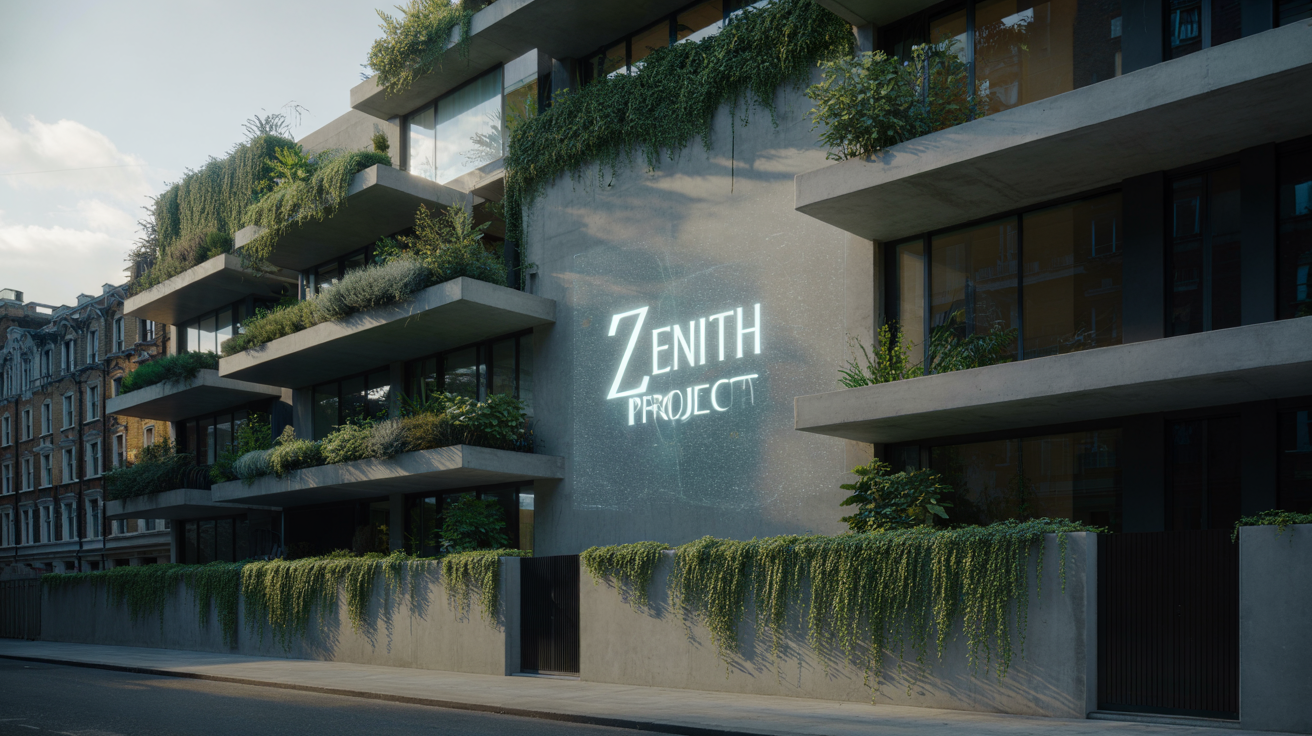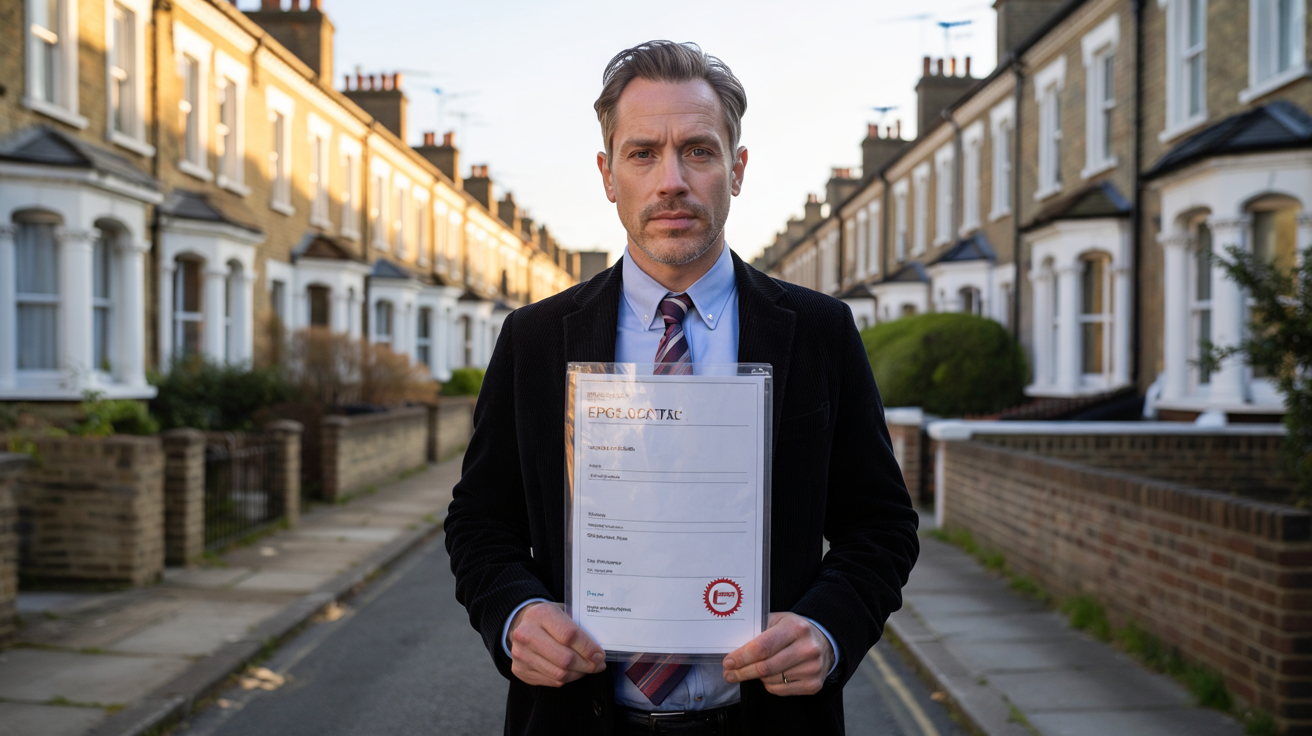Stricter landlord property maintenance ordinances are reshaping the rental market, creating challenges for both landlords and tenants. These laws aim to improve living conditions by enforcing higher habitability standards, but they also increase costs for small property owners. As a result, rental affordability is decreasing, particularly in cities with aggressive code enforcement policies.
Many local governments now require frequent property inspections and costly upgrades to meet revised housing codes. While these measures promote tenant safety, they place a financial strain on landlords, especially those managing older buildings. Compliance with updated building codes often means investing in expensive repairs, which leads to higher rent prices.
The increased cost of maintaining rental properties forces landlords to either absorb losses or pass expenses onto tenants. This trend is especially evident in cities that have introduced strict rental licensing requirements, making it harder for small landlords to operate profitably. In some cases, property owners are choosing to sell rather than comply, reducing the number of available rental units.
Tenants benefit from improved living conditions, but they also face rising rental costs due to landlords’ increased legal obligations. Stricter safety regulations can limit housing supply, resulting in fewer affordable rental options. This unintended consequence disproportionately affects low-income renters, who struggle to keep up with rising market rates.
To strike a balance, policymakers must consider solutions that maintain high health regulations without imposing excessive financial burdens on landlords. Providing grants or tax incentives for property maintenance could encourage compliance without forcing rent hikes. Streamlining the property maintenance process through technology and efficiency programs can also help landlords manage costs while maintaining high standards.
As the rental market evolves, collaboration between landlords, tenants, and regulators is crucial. A balanced approach ensures safe, affordable housing without discouraging property investment. In the next section, we’ll explore how the trend of stricter rental property regulations is shaping the future of the industry.
The Growing Trend of Rental Property Regulations: What’s Changing?
 Rental property regulations are tightening across major cities, creating new challenges for landlords. Stricter property maintenance code enforcement aims to improve tenant living conditions, but the financial impact on small landlords is significant. New laws require more frequent property inspections, higher safety standards, and costly compliance measures.
Rental property regulations are tightening across major cities, creating new challenges for landlords. Stricter property maintenance code enforcement aims to improve tenant living conditions, but the financial impact on small landlords is significant. New laws require more frequent property inspections, higher safety standards, and costly compliance measures.
Many municipalities are introducing mandatory rental licensing programs, increasing administrative burdens. To renew licenses, landlords must meet rigorous housing codes and undergo periodic assessments. Failure to comply can result in hefty fines or even restrictions on renting out properties.
Key changes in landlord responsibilities include:
- More frequent inspections and documentation requirements for property conditions.
- Stricter enforcement of health regulations and environmental standards, such as energy efficiency upgrades.
- Greater transparency in lease agreements, with detailed justifications for deposit deductions.
While these changes strengthen tenant rights, they also increase the cost of maintaining rental properties. Many landlords struggle to keep up with evolving local ordinances, leading some to exit the market. As a result, rental supply shrinks, making affordable housing harder to find.
To ease the pressure, policymakers should offer financial incentives for compliance. Tax breaks for energy-efficient improvements and grants for low-income landlords could help stabilize rental costs. Additionally, streamlining code enforcement processes through technology can reduce administrative headaches.
Understanding these shifting regulations is essential for landlords aiming to maintain profitability and compliance. Next, we’ll examine how these evolving laws influence rental pricing and affordability, particularly for small property owners.
How Compliance Requirements Are Impacting Small Landlords and Rental Affordability
 Stricter landlord property maintenance ordinances are driving up costs for small landlords. Compliance with evolving rental property regulations requires frequent upgrades, stricter property inspections, and additional reporting. These requirements, while intended to improve living conditions, create financial strain that often leads to increased rent prices.
Stricter landlord property maintenance ordinances are driving up costs for small landlords. Compliance with evolving rental property regulations requires frequent upgrades, stricter property inspections, and additional reporting. These requirements, while intended to improve living conditions, create financial strain that often leads to increased rent prices.
New housing codes require landlords to meet higher habitability standards, which means spending more on repairs and safety improvements. Many must upgrade electrical systems, plumbing, and insulation to comply with evolving building codes and safety regulations. These costs are especially burdensome for small landlords who don’t have the financial flexibility of large property management companies.
For tenants, these changes mean rising rental prices. Landlords facing more stringent legal obligations often pass costs onto renters to maintain profitability. This trend is making affordable housing increasingly scarce in urban areas with aggressive code enforcement.
Small landlords also struggle with the administrative side of compliance. Some cities now require extensive rental licensing procedures, including detailed maintenance logs and proof of regular inspections. Keeping up with these processes takes time and resources, adding another layer of difficulty for independent property owners.
Solutions exist, but they require collaboration between landlords, regulators, and maintenance professionals. Cities can offer tax credits or grants to help landlords meet compliance requirements without raising rents. Streamlining property maintenance services through trusted providers like Citywide Maintenance Solutions can also ease the burden. Our team ensures properties remain compliant with evolving local ordinances while minimizing costs for landlords.
As regulations evolve, landlords must find ways to balance compliance with affordability. In the next section, we will explore how property owners can maintain high habitability standards without excessive financial strain.
Property Maintenance Challenges: Balancing Habitability Standards with Costs
 Stricter property maintenance code requirements are increasing expenses for landlords while raising concerns about affordability. Meeting new habitability standards often requires costly upgrades, from improved insulation to modernized electrical systems. These expenses put financial strain on small landlords who struggle to balance compliance with keeping rent reasonable.
Stricter property maintenance code requirements are increasing expenses for landlords while raising concerns about affordability. Meeting new habitability standards often requires costly upgrades, from improved insulation to modernized electrical systems. These expenses put financial strain on small landlords who struggle to balance compliance with keeping rent reasonable.
Many landlords face unexpected costs due to additional property inspections and new rental property regulations. Cities enforcing rigorous code enforcement demand detailed maintenance records and frequent updates to comply with evolving housing codes. Failure to meet these standards can result in fines, making financial sustainability even more difficult.
Some of the most significant cost burdens include:
- Mandatory upgrades to heating, plumbing, and electrical systems for compliance.
- Frequent inspections to ensure adherence to building codes, requiring landlords to make repairs within short timeframes.
- Higher insurance premiums due to stricter safety regulations and liability risks.
To manage costs, landlords should seek proactive maintenance rather than waiting for mandatory inspections to dictate repairs. Working with trusted property maintenance services ensures properties remain compliant while minimizing costly emergency fixes. Finding cost-effective solutions, like energy-efficient upgrades, can also prevent future expenses while aligning with new environmental regulations.
Government support could also ease compliance challenges. Tax incentives or grants for landlords maintaining affordable housing would help balance affordability with safety goals. Encouraging collaboration between policymakers and landlords is essential to finding realistic solutions that maintain property quality without driving up rent costs.
Beyond financial pressures, stricter laws also impact tenant rights and housing accessibility. The next section will explore how code enforcement shapes the tenant experience and the broader struggle for fair housing.
Tenant Protections, Code Enforcement, and the Struggle for Fair Housing
 Stricter code enforcement is changing the balance of tenant rights and property ownership. While new policies aim to ensure safe rentals, they add pressure on small landlords. Increased regulations make it harder to keep properties affordable, creating challenges for both renters and owners.
Stricter code enforcement is changing the balance of tenant rights and property ownership. While new policies aim to ensure safe rentals, they add pressure on small landlords. Increased regulations make it harder to keep properties affordable, creating challenges for both renters and owners.
Many cities now require extensive documentation for property inspections. Landlords must prove compliance with housing codes through detailed reports and frequent updates. This process, while beneficial for tenants, increases costs that often result in higher rent.
New landlord responsibilities also include stricter health and safety regulations. Upgrades such as better ventilation, lead paint removal, and structural repairs are commonly mandated. These improvements help meet habitability standards, but they come at a price that affects rental affordability.
- Higher costs for meeting new property maintenance code requirements.
- More frequent inspections leading to unexpected repair expenses.
- Additional administrative burdens tied to rental licensing and compliance documentation.
For tenants, these protections ensure safer living conditions. However, increased expenses for landlords reduce the number of available rental properties. Some owners leave the market, limiting affordable housing options.
Citywide Maintenance Solutions helps landlords stay compliant while maintaining affordable rentals. Our property maintenance services ensure properties meet all building codes without excessive costs. By offering efficient, cost-effective solutions, we help balance fair housing goals with landlord sustainability.
As regulations continue evolving, finding a middle ground is essential. In the next section, we’ll explore ways to sustain affordable rentals while ensuring quality housing for tenants.
The Future of Property Maintenance and Affordable Rentals: Finding a Middle Ground
Balancing property maintenance regulations and affordable rentals is becoming increasingly difficult. Stricter landlord property maintenance ordinances aim to improve housing conditions, but they drive up costs for small landlords. Without a strategic approach, these rising expenses could further limit rental affordability.
One solution is for local governments to provide financial support for compliance. Offering tax credits or low-interest loans for necessary upgrades can help landlords meet housing codes without drastically raising rents. Cities could also introduce grants for energy-efficient improvements, reducing long-term operational costs.
Streamlining rental property regulations can also ease the pressure on landlords. Simplified rental licensing processes and digital reporting systems can reduce administrative burdens. This would allow property owners to focus on maintaining tenant-friendly, compliant housing rather than navigating excessive bureaucracy.
Landlords can take proactive steps to manage costs while ensuring compliance:
- Partnering with reliable property maintenance services to prevent costly last-minute repairs.
- Using technology to track property inspections and maintenance schedules efficiently.
- Investing in preventative upgrades to meet evolving building codes before they become mandatory.
Collaboration between landlords, tenants, and policymakers is essential. Open discussions on balancing tenant rights with financial feasibility can lead to smarter regulations. Ensuring affordable housing while maintaining high habitability standards requires a shared effort from all involved.
The future of rental housing depends on practical, well-balanced approaches. By combining financial incentives, efficient code enforcement, and proactive property care, cities can create policies that benefit both landlords and tenants.








